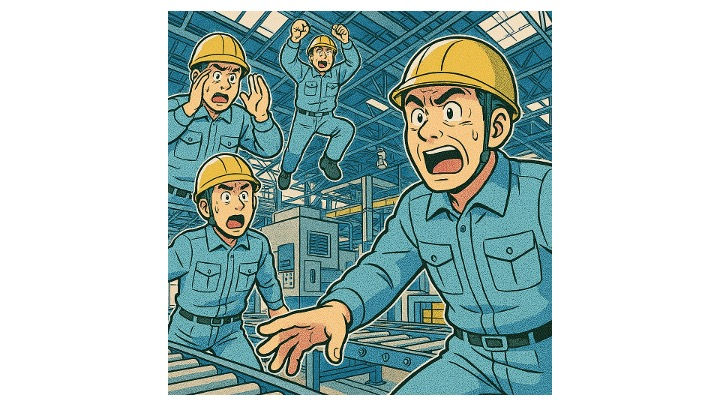Starting with Needs
- hidet77
- Jan 10, 2023
- 3 min read

Business needs are something that the business leader can dedicate time and resources to accomplish.
Taiichi Ohno’s Toyota Production System (1978) starts with this chapter, “Starting with Needs.” But what are “Needs”?
Any agenda in business, such as “Implementing a system,” “Reduce cost,” or “Increase sales,” could convert into “Needs” or “Wants.” It all depends on the leader’s dedication to time and resources.
What are the “Business needs”? This a standard question we ask business leaders. We get many answers. And we discuss many actions to accomplish those answers. And then, some implement those ideas while others keep those on the list. Where did the difference come from?
When we think about business needs, I compare them with basic human needs. Basic human needs are food, water, clothing, shelter, sleep, safety etc. The list is slightly different by who organizes it, and there might not be a universal list. The list is changing or improving. We allocate a significant amount of time and resources to accomplish our basic human needs. We eat and frequently drink throughout the day. We usually sleep, which affects our performance if we do not do enough. On top of habits, we develop a social system to support our needs. And when society decides to provide more protection for human needs, the social system develops. To accomplish basic human needs, we have developed our habits & social systems.
How we approach basic human needs applies to business needs. We want to increase sales, so we have a “sales” department. Leaders and people will be sensitive to sales. People will dedicate time to understanding the customers. You will not see a leader delegating the sales to an office and walking away.
I often encounter a leader who says, “We need Lean/TPS.” Or “We need to reduce cost/lead time. We need to improve quality.” “We need to train people.” And walk away.
So if “TPS” or “Lean” is a business need, should we create an office, and it’s done?
I don’t think so.
Here’s an interesting article.
In 1938, Kiichiro Toyoda, the founder of Toyota Motor, appointed himself to improve “Quality” since it was the business need. This was before the “Total Quality Management (TQM)” concept emerged in the ‘70s or ‘80s. Importance of checking the Genbutsu (Actual thing), one-by-one problem solving, questioning the process, not the individual, quality control statistics, Kairyo (Continuous improvement), daily training on quality… many of the foundations of TQM and TPS is already implemented with this leader. Without the presence of a leader, not sure how much business needs can be accomplished.
Whatever the business needs, the leader must dedicate time and resources to accomplish it. It is easy to say, “We need to do this.” But people will not understand if the leader makes follow-up actions. People will not be able to accomplish this without some resources. And please don’t think that “TPS/Lean” is about delegating this task to some staff. The additional staff helps but not executes. Without the leader and the “Line” involvement, the staff is just another overhead. And when the leader says, “I don’t have time.” Most “Lines” will follow the same excuse.
Or another way of asking a question for leaders about their needs is, “Can I allocate time for these “Needs”?” If the answer is no, then it might not be necessary a “Needs” for the business, or you are entirely wrong. There’s no such thing as deligating the “Needs” to someone while the leader doing something else.



Comments